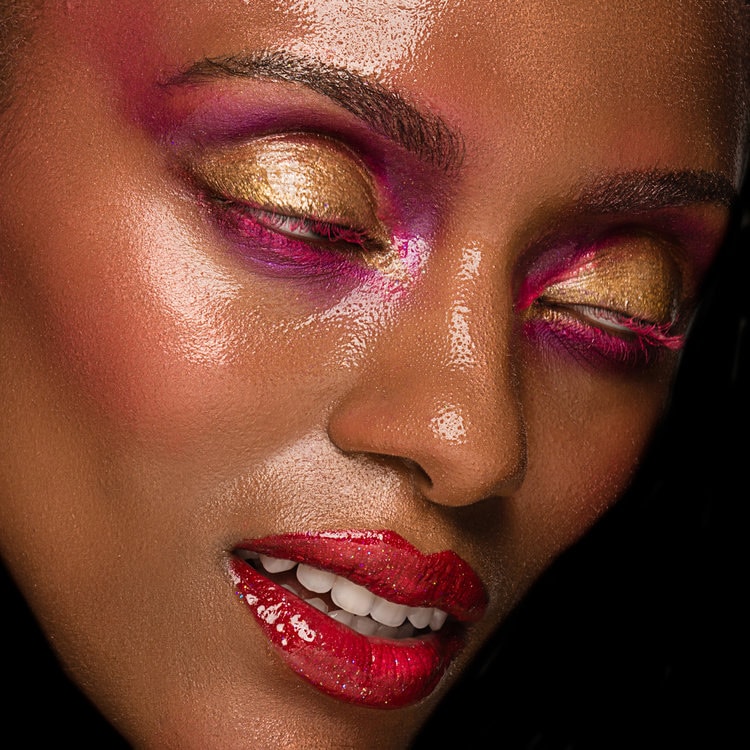Facetune might outlive us all. What does this say about our culture?
Lightricks, the company mostly known for its app Facetune, just raised $135 million to expand its popular selfie-perfecting products. With the company valued at over £1 billion, it is safe to say that face-editing apps are here to stay.
Lightricks was one of the first companies to implement a subscription price for its mobile applications, initially costing $3.99 in 2013. Facetune 2, although free to download, has a $5.99 fee per month to access all unlimited features and content (alternatively, you can get a one-off purchase for $69.99). The app has an estimated monthly revenue of $3 million. In 2017, Facetune was the most downloaded app, with celebrities like Khloe Kardashian, James Charles and Tana Mongeu expressing enthusiasm over using it. Facetune even sponsored one episode of RuPaul’s Drag Race in season 11, gaining increased popularity among the LGBTQ+ community.
Photo editing and air-brushing is not a new trend or a new idea, but what makes Facetune so popular is the simplicity of it. Unlike Photoshop, Facetune only offers a handful of tools that are easy to use, letting users digitally manipulate their image in minutes and allowing anyone to create a digital persona, far from their real selves. In more than 5 years, the app became a catalyst in creating the ‘Instagram face’ aesthetic, as well as becoming the centre of conversation when discussing the discrepancy between our crafted online selves and reality.
While there is nothing wrong with people wanting to use these apps, the criticism around the topic is more than understandable. The increased use of apps like Snapchat and Facetune has been flagged as a potential cause for body dysmorphia—there’s even a new phenomenon called the “Snapchat dysmorphia”, described as people requesting surgery to appear like the edited version of themselves under the Snapchat filters.
Just recently, Qiaobiluo Dianxia, a vlogger from China known as Your Highness Qiaobilou was exposed to be 58 years old, despite posing as a young woman. She was masking her face behind a filter during a live stream on Douyu, when a technical glitch revealed her true identity to 100,000 fans. Before the internet starts accusing Dianxia of ‘deception’, it is important to consider what could have motivated her to do this. According to China’s Global Times, Dianxia was “worshiped as a cute goddess”, with some of her fans giving her over £11, 000 during streaming sessions. Sadly, digital filters and Facetune retouching remind us that we exist in a culture that praises unreachable, non-existent perfection and favours outdated ‘traditional’ beauty standards, which predominantly impact young women.
And it is true—ageism is extremely prevalent in this. Would Dianxia have an online career as successful had she used her true identity? Probably not. Therefore, before you cancel yet another woman for ‘deceiving’ you by failing to live up to these unattainable and frankly narrow-minded standards, think why she got there in the first place.

Even when it comes to job applications, companies have begun asking people to stop uploading photographs where they appeared to be using such filters. Since Snapchat came out with filters in 2015 (remember the dog filter that went viral for years after that?), face filters have evolved dramatically. In 2019, we see a shift from the traditional ‘Instagram face’ aesthetic to a much more futuristic, robotic-cyborg one. With filters like Beauty3000 taking over and going viral, it does seem that we are shifting towards a new digital existence. Traditional notions of beauty and its standards might be slowly changing, making it hard to predict how long the popularity of apps like Facetune will exist for, but, for now, it is still very much prevalent.
With online forums such as r/instagramreality exposing the differences between people’s constructed faces with the real ones, there are countless arguments that it is apps like Facetune that allow for deception in the first place. Yes, we, as a generation so fixated on our social media image have brought this upon ourselves, but why do we have the need to withhold this fake image? Most importantly, why do we have to shame others for choosing to put on this fake persona, if it makes them happy and confident? We can’t blame all our human insecurities on technology and Instagram alone—it is an issue deeply rooted in our society.




